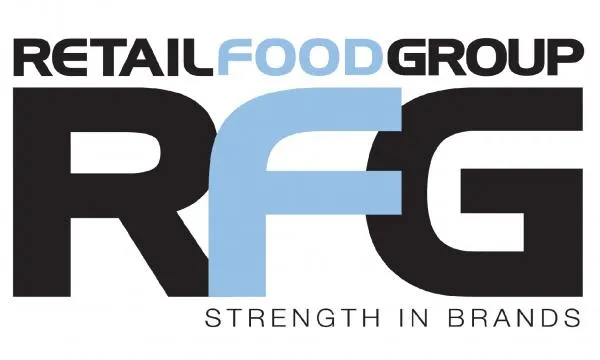
Retail Food Group to potentially face series of investigations following franchising inquiry report
In response, the company said that it “takes its compliance with all of its legal obligations extremely seriously”.
Retail Food Group (RFG), the owner behind brands such as Donut King, Gloria Jean’s Coffees, and Brumby’s Bakeries, has issued a statement in response to the report released by the Parliamentary Joint Committee on Corporations and Financial Services into the $170 billion franchising sector.
“While RFG is still studying the Committee’s full report and details, RFG supports any changes which will be of benefit to the franchising industry,” the company said.
“Importantly, RFG notes that the success of its franchise network is its major focus and in line with this has already conducted its own extensive reviews and improvements of its own policies and practices to better support its franchisees,” the statement added.
In its report, the committee recommended the Australian Competition and Consumer Commission, the Australian Securities and Investments Commission and the Australian Tax Office conduct investigations into the “operations and dealings” of RFG, its former and current directors and senior executives for matters including the Australian Consumer Law, the Franchising Code of Conduct, potential insider trading, market disclosure obligations, audit quality, and tax avoidance.
“RFG has an established history of cooperation with regulators and takes its compliance with all of its legal obligations extremely seriously,” the company said in response to such recommendation.
According to the report, evidence presented to the committee revealed “serious problems” with the sustainability of RFG’s franchise model, including changes that “had the effect of increasing the profitability of RFG at the expense of franchisees.”
Evidence about “churning and burning” in other franchise systems was also noted, with the problem appearing to be “far greater within” Retail Food Group (RFG). Churning was defined as the repeated sale at a single site of a failed franchise to a new franchisee and outlets that pass through a corporate store stage in between being operated by franchisees.
“The committee is concerned about both the aggregator model of acquiring existing franchising brands used by RFG as part of its growth strategy, as well as the implications of RFG's listing on the stock market,” the report said.
They also consider RFG's business model as a “high risk”, appearing to “rely on acquiring previously successful brands, opening new outlets, stripping out costs, exploitative fee gouging and increased costs to franchisees, and cutting services to franchisees.”
“These are not isolated cases and continue. Rather, this is a strategic system-wide approach to business whereby RFG's 'success' relied on extracting profits from its franchise systems with hugely deleterious results for franchisees. When a business model displays such apparent risks, discrete investigations into individual franchises are insufficient,” the report explained.
RFG, currently undergoing major restructuring, has implemented a board renewal strategy led by executive chairman Peter George.
“The current management team and Board completely understand that RFG’s future success is directly linked to the profitability of its franchisees. We have instituted a comprehensive program of investment and improvement to materially help existing and new franchisees grow and prosper,” George said in the statement.
























